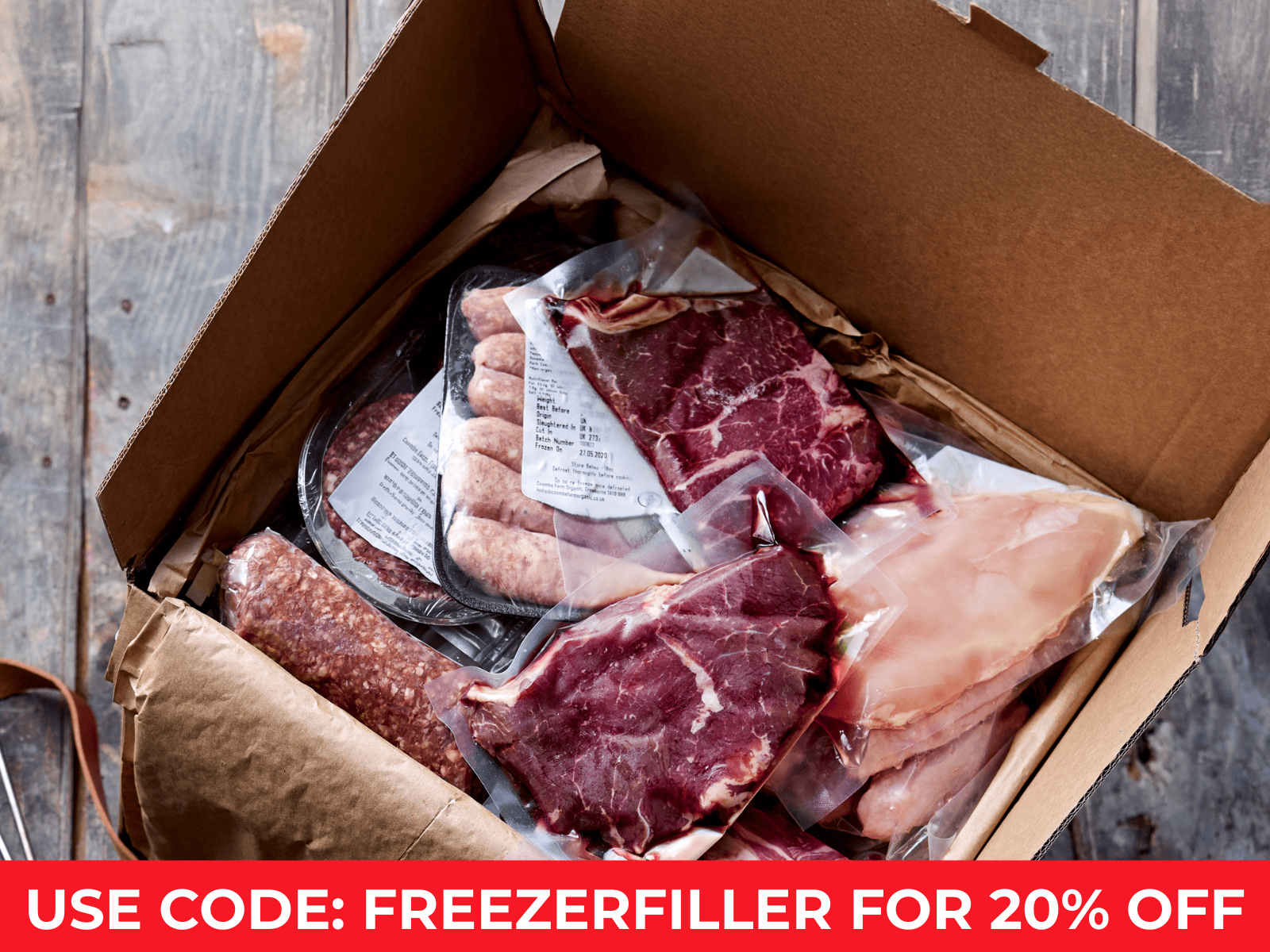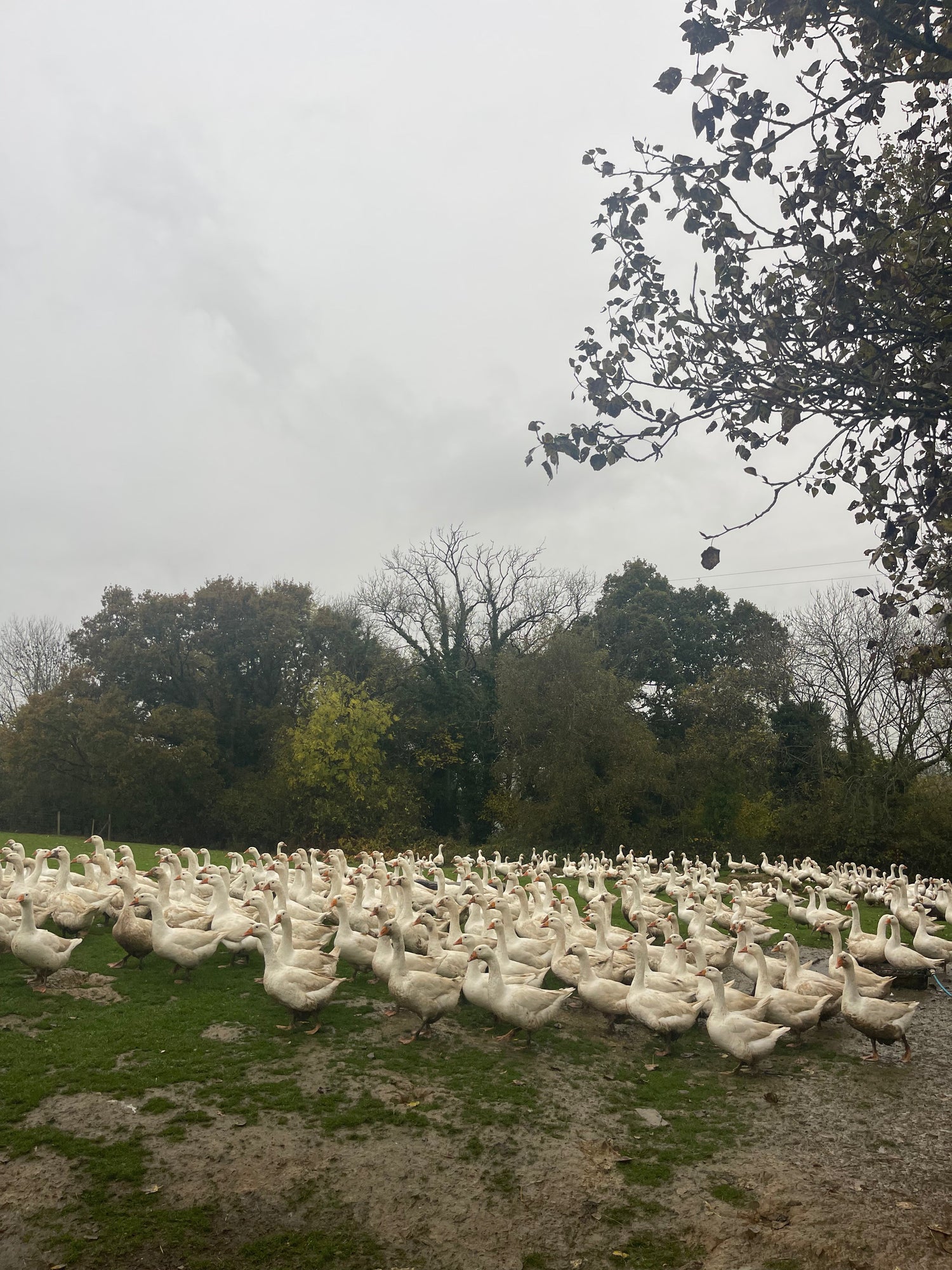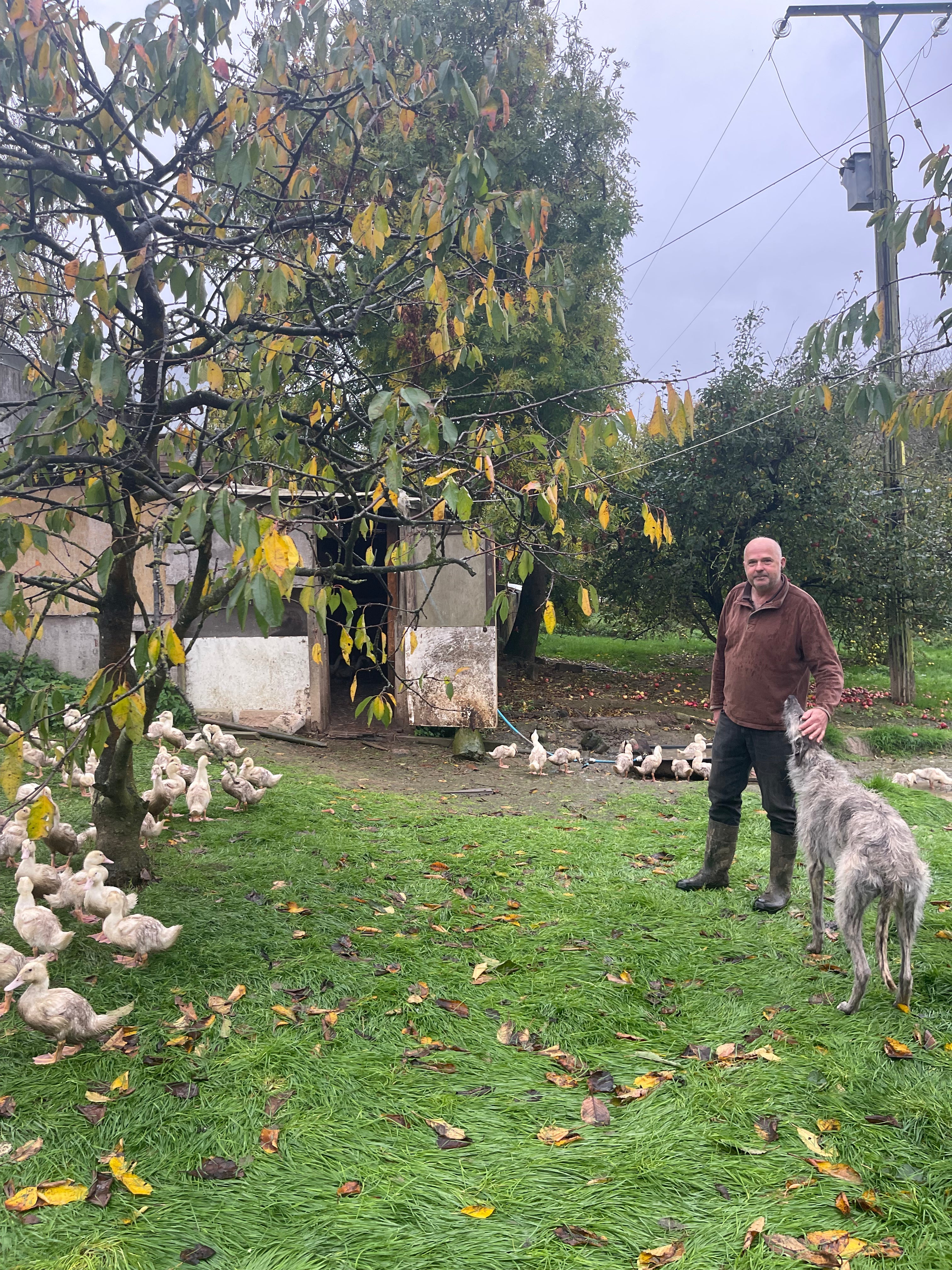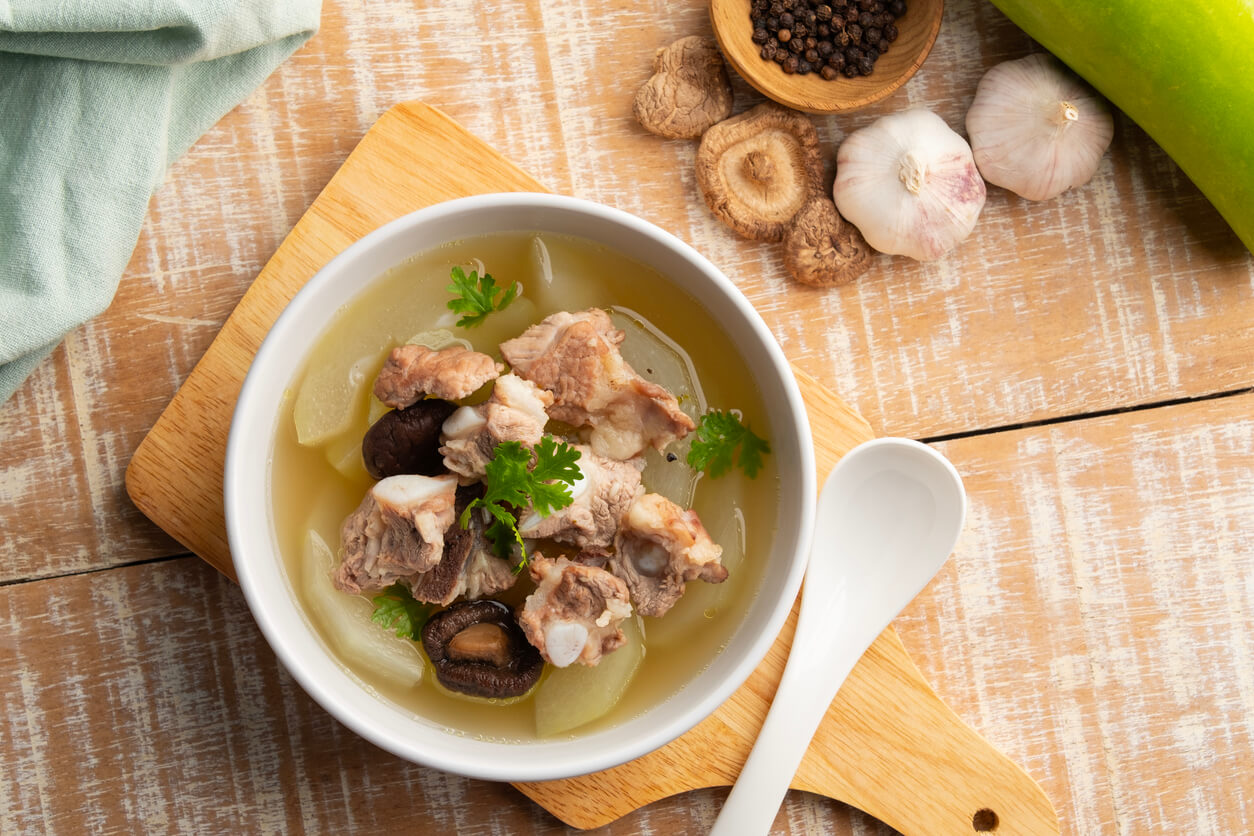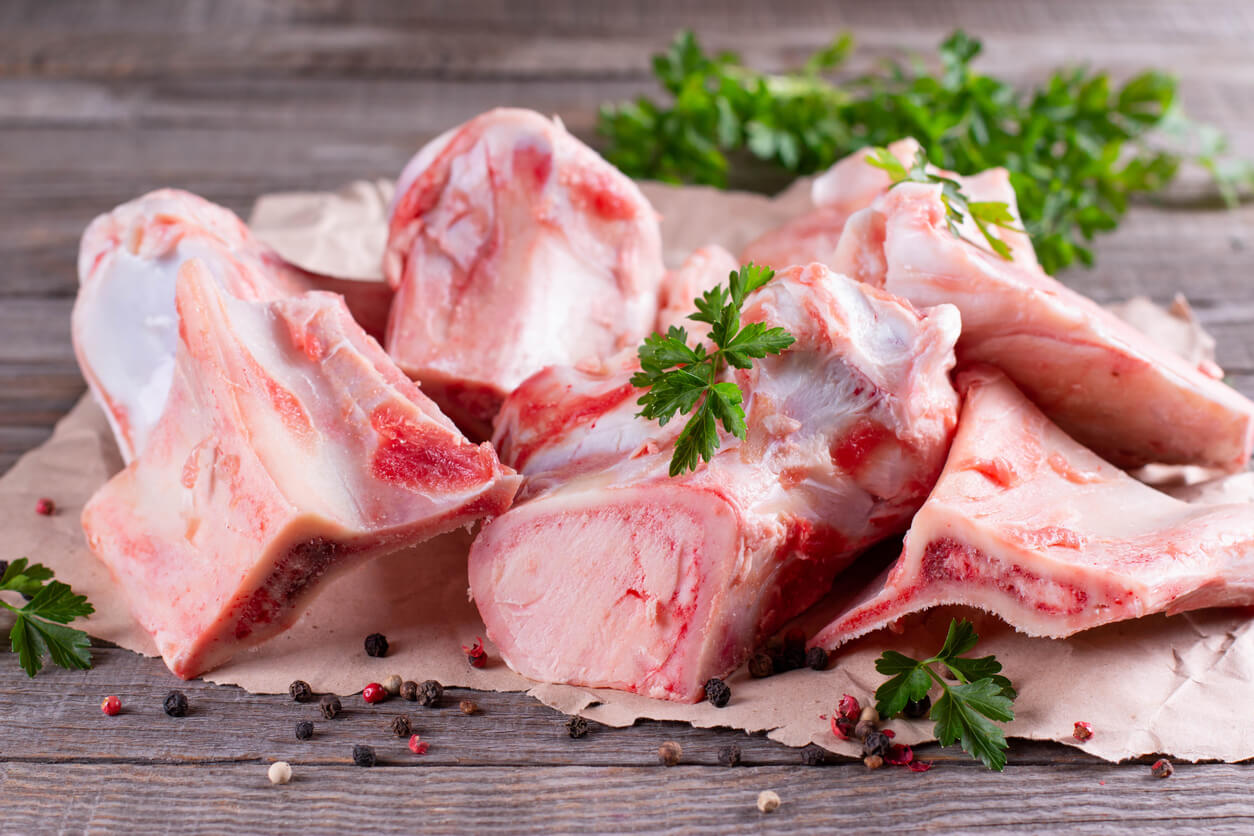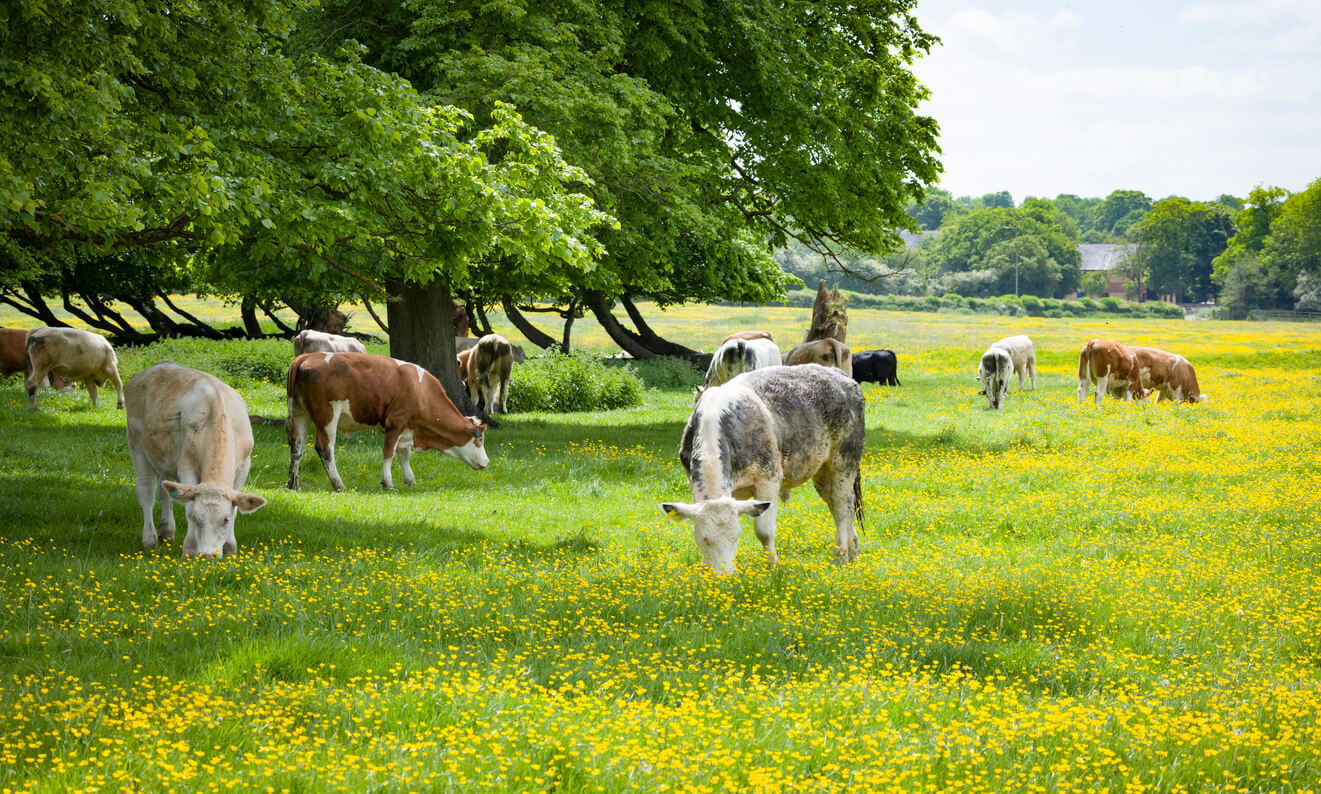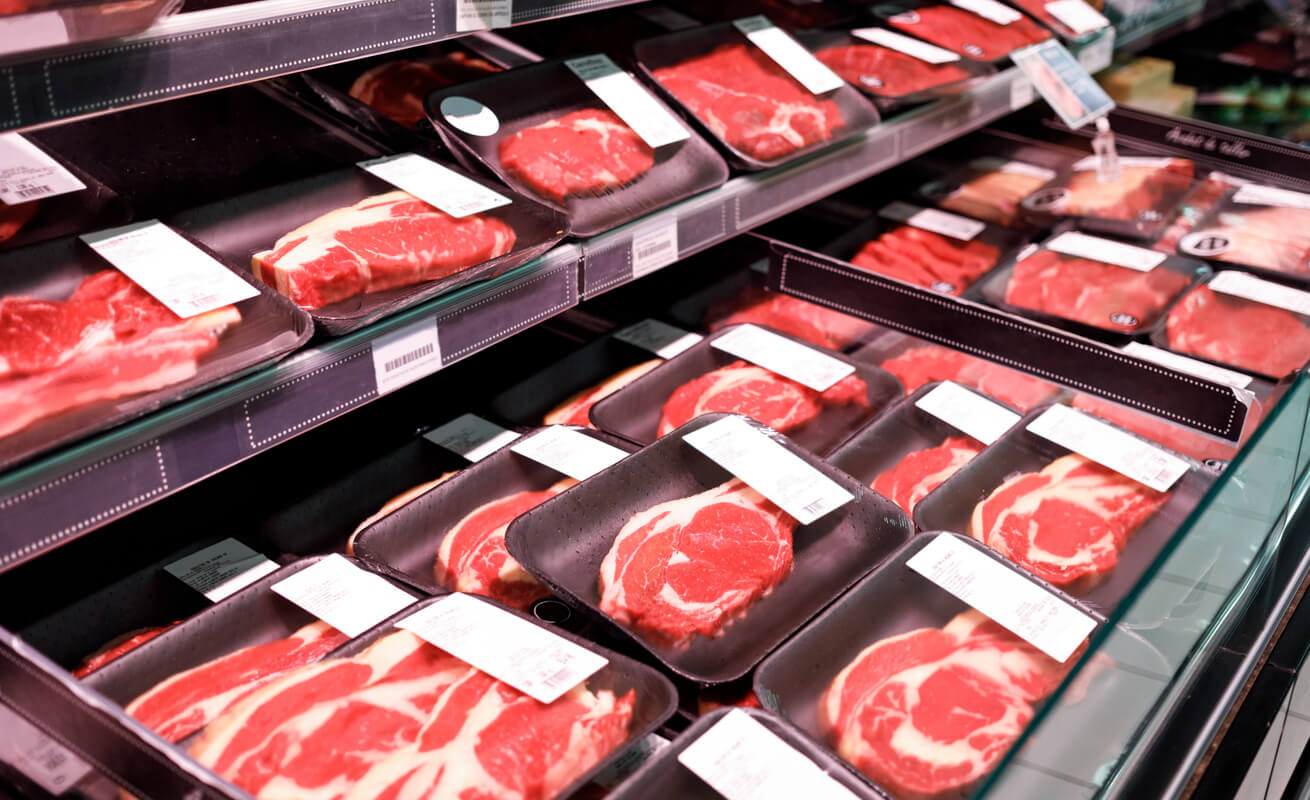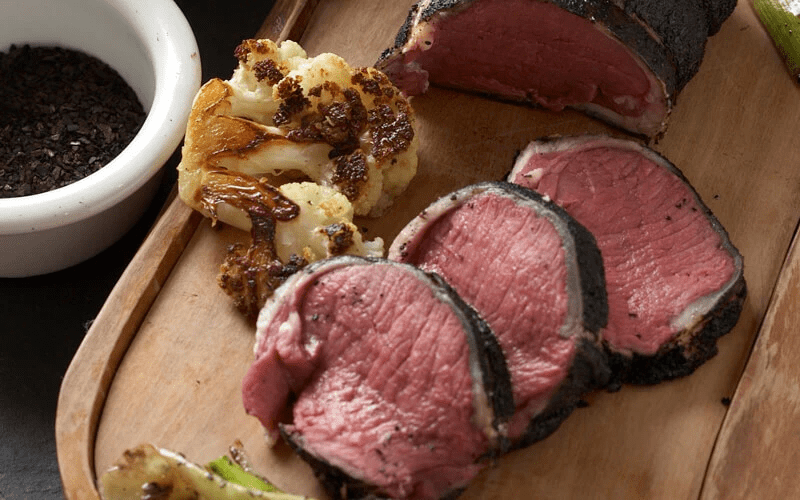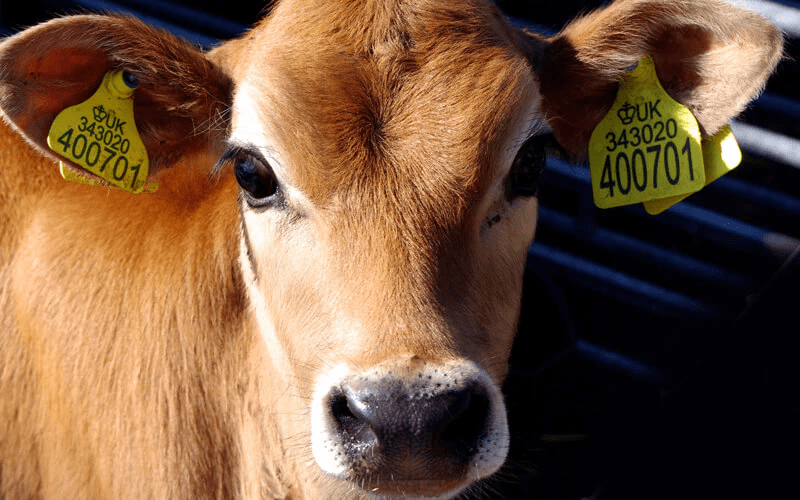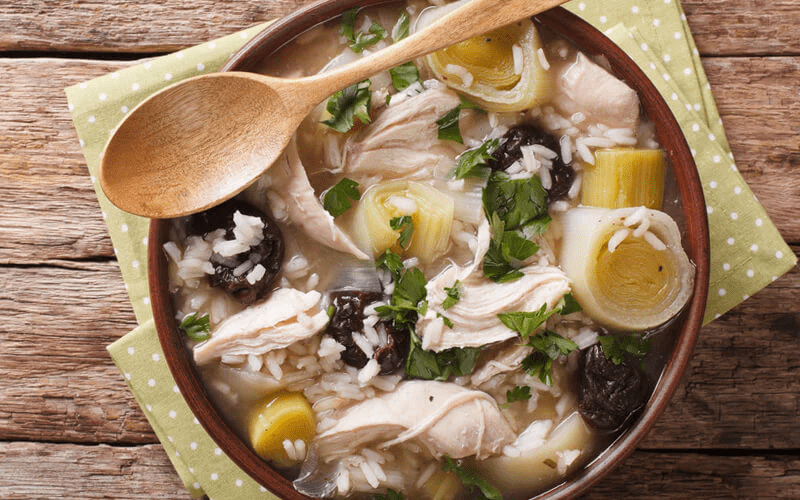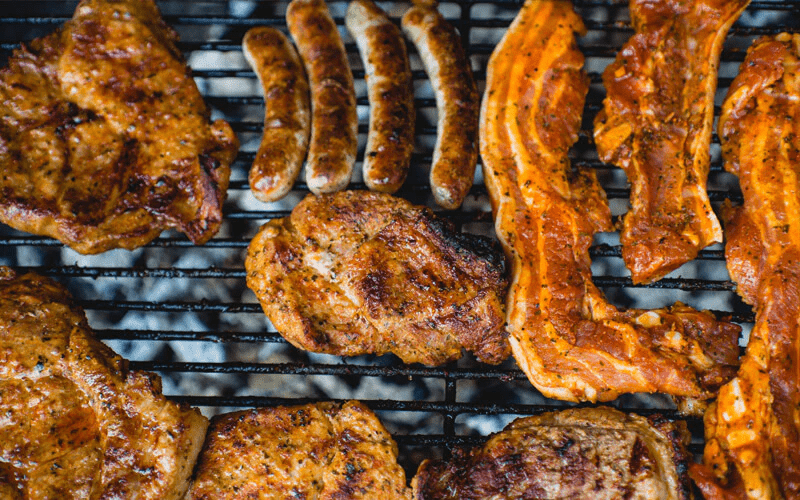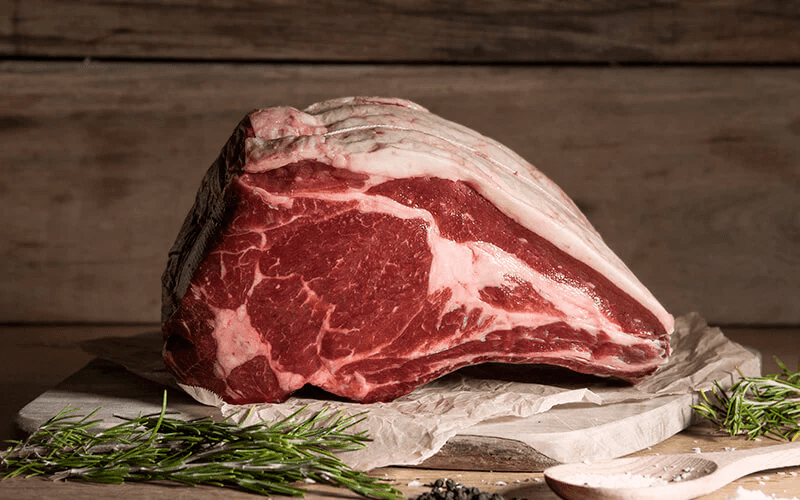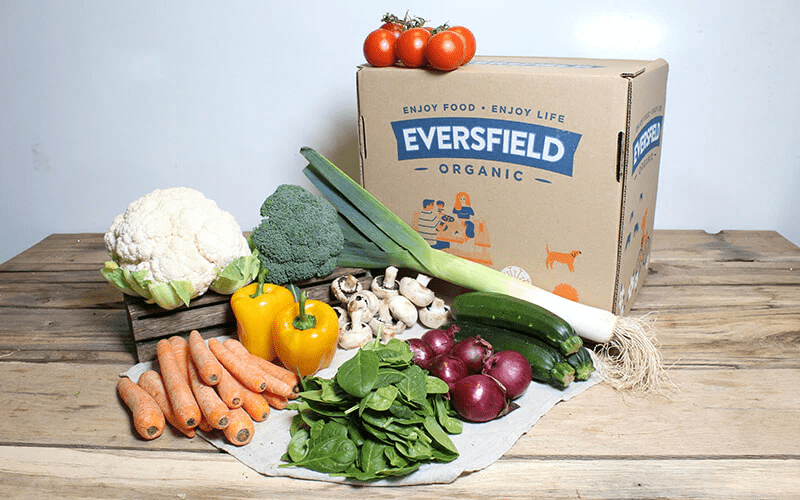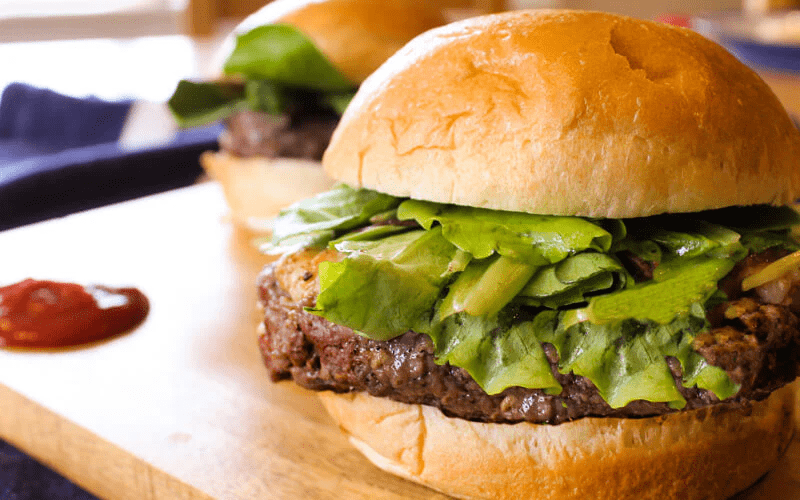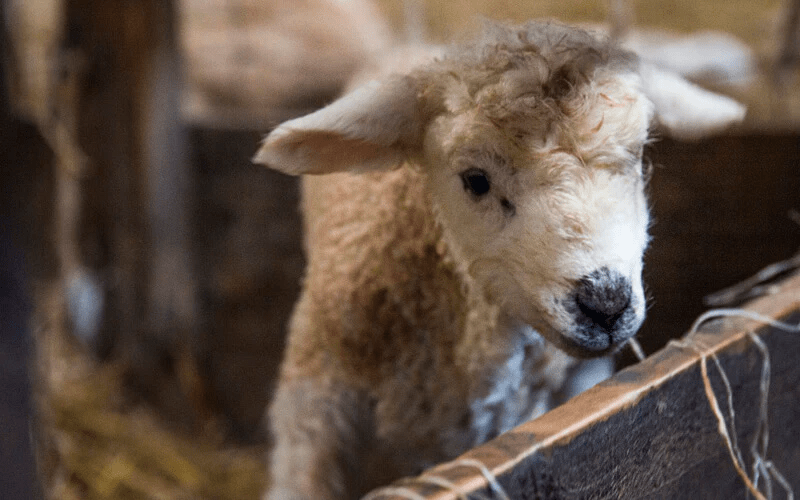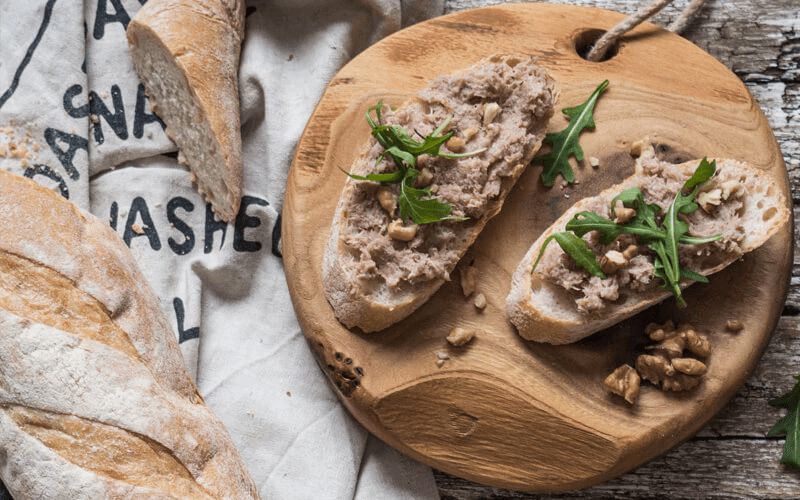The Challenges of Raising Ducks and Geese in a Changing Climate
At Eversfield Organic, we’re deeply connected to the rhythms of the land — and, by extension, to the weather that shapes it. But over the past few years, our trusted farmers have seen first-hand how shifting temperatures and unpredictable weather patterns are impacting livestock farming. One area where this is becoming particularly noticeable is with organic waterfowl — ducks and geese — who are especially sensitive to changes in climate.
When Autumn Feels Like Summer
Traditionally, autumn marks a natural turning point for organic farms. Cooler days and longer nights trigger behavioural changes in animals — for geese and ducks, this often means an increased appetite as they prepare for the colder months. However, in recent years, unseasonably warm autumns have disrupted this natural rhythm.
Geese, in particular, are creatures of habit. Unlike chickens, who will happily peck and graze throughout the day, geese are selective eaters. They don’t overindulge; instead, they eat when they feel like it — and warmer temperatures can suppress their appetite. When the weather stays mild into late autumn, the geese simply don’t feel the same instinctive drive to eat and build up condition.
For organic farmers, who rely on natural feeding cycles and do not use artificial growth enhancers or high-energy feeds, this presents a real challenge. Meeting expected weight brackets for Christmas birds becomes increasingly difficult when nature doesn’t cooperate — and unlike industrial farms, there’s no “quick fix” in the organic world.
The Science Behind It
Rising temperatures and changing weather patterns affect birds in several interconnected ways:
-
Metabolism and Appetite: Warmer conditions increase birds’ body temperatures, reducing their need to consume energy-dense food. Essentially, they feel full faster and eat less often.
-
Behaviour and Stress: Birds such as geese and ducks are highly attuned to environmental cues. Fluctuating temperatures, humidity, and day length can cause stress, making them less settled and less predictable in feeding behaviour.
-
Feed Quality: Hotter, drier summers can also affect the growth and nutritional content of organic pasture and grains, meaning that even the feed available to them may be less nutrient-rich than in cooler, wetter years.
All these factors combined create a complex situation where birds grow more slowly and unevenly, requiring more patience, care, and attention from the farmer.
The Organic Difference
Unlike intensive systems, organic farms are built on the principle of working with nature, not against it. That means no artificial light cycles, no chemical feed additives, and no synthetic hormones to accelerate growth. While this leads to healthier, happier animals and superior-tasting meat, it also means organic farmers are more exposed to the real effects of climate change.
Farmers like Ben Moseley at Summerhill Organic Farm — one of our trusted suppliers — must carefully balance the welfare of their birds with the realities of the changing seasons. It’s a delicate dance between patience and preparation, particularly in the run-up to Christmas, when demand for high-quality, organic geese and ducks is at its peak.
Supporting Resilient, Regenerative Farming
At Eversfield Organic, we stand firmly beside our farmers as they navigate these challenges. Every organic goose, duck, or chicken we offer represents months of care, observation, and adaptation to nature’s changing rhythms.
Global warming isn’t a distant issue — it’s here, affecting the way food is grown and raised. By choosing organically and locally farmed meat, you’re supporting a system that prioritises sustainability, welfare, and respect for the natural world, even as it changes.
In times like these, every mindful choice matters — both for the planet and for the farmers who dedicate their lives to working in harmony with it.

